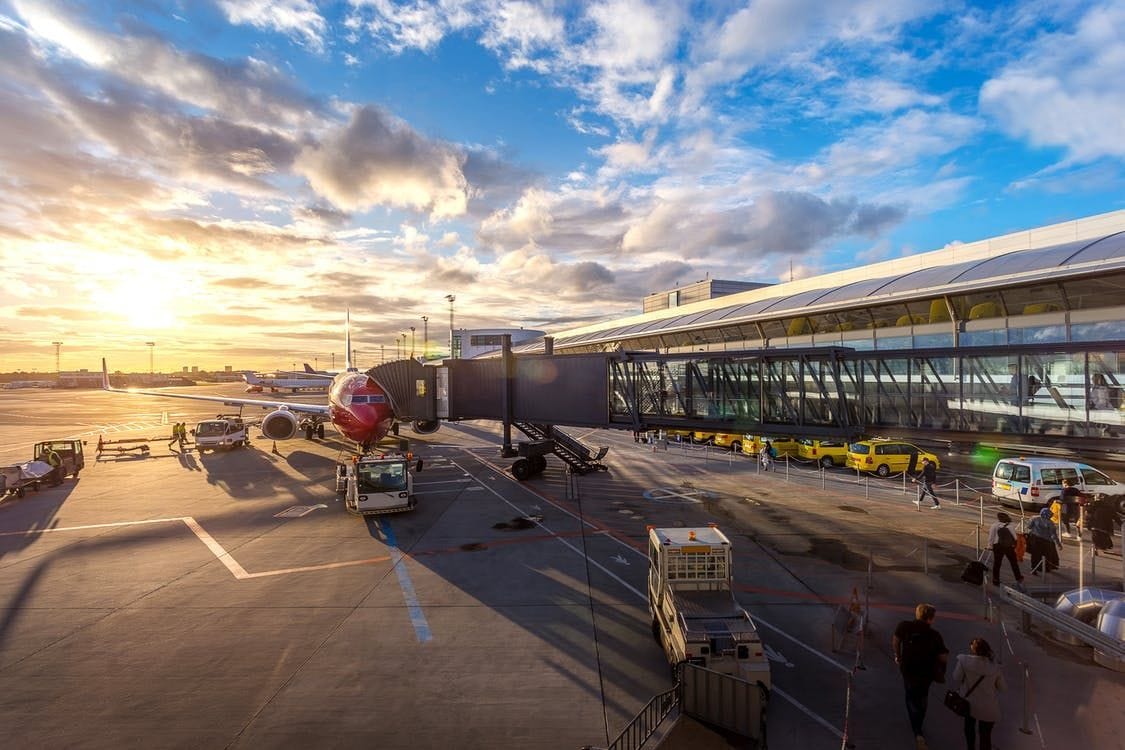Purandar Airport Faces Growing Resistance From Local Farmers Amid Land Acquisition Plans
The much-anticipated Purandar Greenfield Airport project in Pune district, intended to transform the region’s aviation infrastructure, is now facing stiff opposition from local farmers whose land will be acquired for the development. Despite the Maharashtra government’s concerted efforts to accelerate the project, farmers from the seven villages directly impacted by the acquisition have voiced strong objections. Their grievances stem not only from the lack of consultation but also from the perceived disregard for their livelihoods, which depend on the fertile agricultural land earmarked for the airport.
In a recent protest staged at the Saswad tehsildar’s office, villagers from Pargaon Memane, Kumbharvalan, Vanpuri, Udachiwadi, Ekhatpur, Khanwadi, and Munjavadi made it clear that they are unwilling to surrender their ancestral lands for the project. The government, having issued an order to initiate land acquisition, has yet to hold direct discussions with the affected communities. The farmers’ concerns were voiced by Bappu Memane, the sarpanch of Pargaon Memane, who emphasized the importance of the land for agriculture and cattle grazing. “This land is fertile, with good water sources, and sustains our livelihoods. We don’t seek compensation, and we don’t want employment at the airport,” he stated. His words echoed a deep frustration with what is seen as an authoritative decision made without grassroots consultations.
Lack of Government Engagement Sparks Tensions Among Villagers
The farmers’ protests are further fuelled by the lack of communication from government officials. Deepak Memane, a member of the Vimantal Virodhi Sangharsh Samiti, expressed disappointment that no government representative, including MPs or MLAs, had met with villagers to discuss the airport project. The villagers have been informed that the government plans to offer employment opportunities at the airport for the youth of the affected areas, but many feel ill-equipped for such work. “How can farmers suddenly transition into working with machinery and technology? If they want us to gain skills, they must build proper educational infrastructure, like engineering colleges, and provide essential training facilities,” said Memane.
A comparison was made to the situation at Shirdi’s Kakdi village, where villagers are still struggling with compensation issues following the construction of the local airport. The villagers’ concerns are compounded by the lack of a clear and fair compensation plan, with many feeling that the promises made in similar projects have not been honoured. The sense of betrayal is palpable, with villagers warning of further protests if their concerns are ignored.
Project Timeline and Implications for the Region’s Growth
In light of the protests, the Maharashtra government remains committed to moving forward with the airport project. Earlier this month, Chief Minister Devendra Fadnavis chaired a review meeting and instructed the Maharashtra Industrial Development Corporation (MIDC) to expedite the land acquisition process. The greenfield airport, which will span approximately 2,800 hectares of land from the seven villages, is expected to boost Pune’s connectivity and drive regional development. Union Minister of State for Civil Aviation, Murlidhar Mohol, has stated that the Detailed Project Report (DPR) for the airport is expected to be finalised by September, with operations slated to begin by March 2029.
However, the tension between the government’s development goals and the rights of local farmers remains unresolved. The farmers’ opposition raises questions about the sustainability of large-scale infrastructure projects, particularly when they clash with the livelihoods and well-being of local communities. Sustainable development must consider both economic growth and the preservation of agricultural and environmental resources that sustain rural populations.
Balancing Development and Sustainability: A Call for Inclusive Solutions
As Pune’s urban sprawl expands and infrastructure projects like the Purandar airport promise to shape the region’s future, it is imperative that these developments align with sustainable practices that benefit all stakeholders. The farmers’ opposition highlights a critical need for inclusive planning that integrates the voices of local communities. Sustainable urban development is not just about creating world-class infrastructure; it is about finding harmony between progress and preservation. The Purandar airport project must ensure that the affected farmers are fairly compensated and offered alternative livelihoods, such as training in new skills, while also considering environmental impacts like water management and land use.


